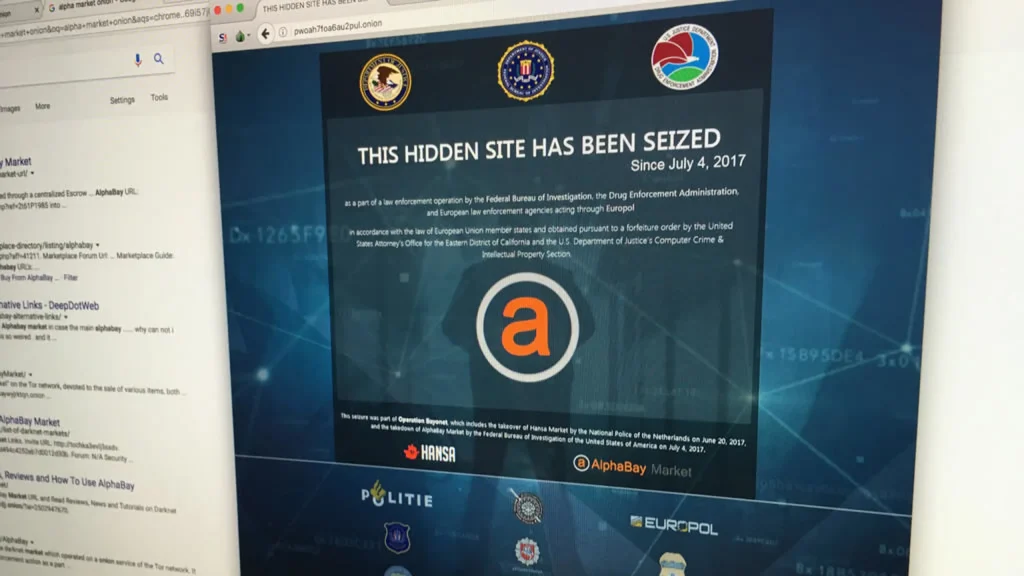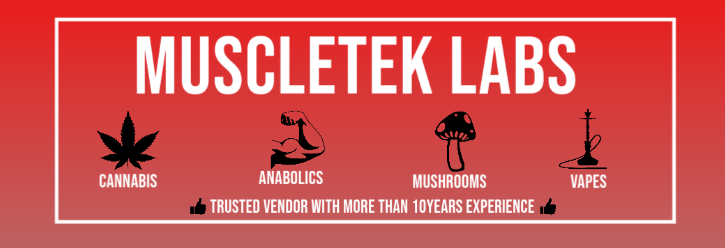Ohio Drug Dealers Are Being Pursued By Federal Prosecutors
Over the last two years, federal agents have quietly shut down the operations of out-of-state drug traffickers who send narcotics into Ohio through the internet using “dark web” techniques that conceal their identities.

Prosecutors have already filed criminal complaints in federal court against more than a dozen persons connected to one case, all based on evidence gathered during a raid on a Columbus residence.
Six persons are facing accusations in the United States District Court for the Southern District of Ohio in Columbus, which were filed earlier this month.
In the months and years ahead, expect to hear more about such “dark web” crackdowns as officials work to put an end to the illegal activity and collect the rich earnings.
“Without commenting on any specific investigations, I anticipate you to see us in the Southern District of Ohio (talking) about tens of millions of dollars seized from these cases in the next six months,” said Assistant U.S. Attorney Mike Hunter of the Organized Crime Drug Enforcement Task Force.
“We believe this is the newest method of drug trafficking in the United States,” says the author “Later, he added.
“We estimate that 40-50 percent of the controlled narcotics we’re seeing are supplied by the U.S. Mail, utilizing some aspect of the internet or dark web…
With the dark web and drugs, it’s a scary new world, and we expect to spend a lot of time on these sorts of cases in the future years.”
According to court documents, the dark web is a section of the internet where people use anonymizing software and networks like Tor to access content and websites, such as “criminal marketplaces” that sell drugs, guns, stolen credit card numbers, hacked subscription accounts to Netflix or other livestream networks, and more.
People who are looking for the latter use Bitcoin and other cryptocurrencies to make transactions in order to conceal their names and whereabouts.
For years, the FBI’s Southern Ohio Digitized Organized Crime Group, the US Postal Service, the Internal Revenue Service, and others have been actively targeting similar crimes in Ohio. They’ve been tracking the vendors who make the transactions, the suppliers who supply the drugs, and the clients who buy them, gradually developing larger cases against individuals involved.
Prosecutors are concentrating their efforts on international drug suppliers and large-scale distributors
Prosecutors are pursuing the drug traffickers in the goal of halting future sales and distribution.
“Our concentration is on the offshore and frequently worldwide suppliers of narcotics, large-scale distributors in the United States, and intermediate individuals in drug organizations who assist the trafficking of these products,” Hunter said.
“In these inquiries, we are not looking for end users.”
The raid on the house of a Columbus man in October 2019, when authorities discovered laptops, phones, narcotics, a loaded revolver, and more than $43,000 in cash, laid the groundwork for the current criminal allegations filed in the Southern District of Ohio.
Communications with a dark web dealer operating under the moniker “TRIPWITHSCIENCE,” which provided liquid hallucinogenic mushrooms for $19.95 a pop (complete with directions for human use), were among the other evidence gathered that day, according to court records.
The vendor was in charge of around 17,000 transactions since roughly 2014.
Investigators then made a series of controlled drug purchases through TRIPWITHSCIENCE, tracing the source of each.
According to court papers, eight persons were accused in May for conspiring to possess with intent to distribute hallucinogenic mushroom analogue.
Several pages of bitcoin wallet locations, a 2016 Tesla, investment accounts, and real estate in Colorado are all part of a linked forfeiture accusation.
Two additional criminal filings filed in federal court in Columbus earlier this month accused six more persons.
“Those defendants are dispersed around the country,” Hunter explained.
“These instances are being distributed around the world.”
These medications are being distributed around the world.
Just one district is all it takes to get your foot in the door and commit to prosecuting these cases.”
In April, investigators acquired search warrants for internet accounts and confiscated a computer from one of the suspects.
While the dark web and cryptocurrency were utilized to conceal identities, the evidence contained ledgers with drug transaction names and dates.
According to the records, one individual implicated shipped 4,140 shipments containing 32,591 vials of liquid mushrooms over a two-year period and was paid $139,158.70.
“If you’re going to manage a business,” Hunter said, “you’re going to keep precise records of the amount of money you’re receiving, the amount you’re giving to your putative workers for supporting you in the organization.”
“You keep track of your earnings…
You’ll maintain meticulous records on the amount of bitcoin you have.”
The cases are complicated, and the federal court docket indicates that rapid trial waivers have been requested.
Hunter, on the other hand, stated that there are no issues about guilt.
Prosecutors, on the other hand, are attempting to identify revenues from illicit activity, he added.
“Effectively dismantling narcotics organizations and collecting all of their assets takes a long period,” Hunter added.
“What you’re actually doing is hunting down the money and collaborating with persons who are likely to plead guilty in order to collect all of the assets they’ve acquired via drug trafficking…
It’s one thing to sentence someone to prison for a number of years…
It’s hardly much of a deterrent if they still have several million dollars in their bitcoin accounts after they leave.”




















